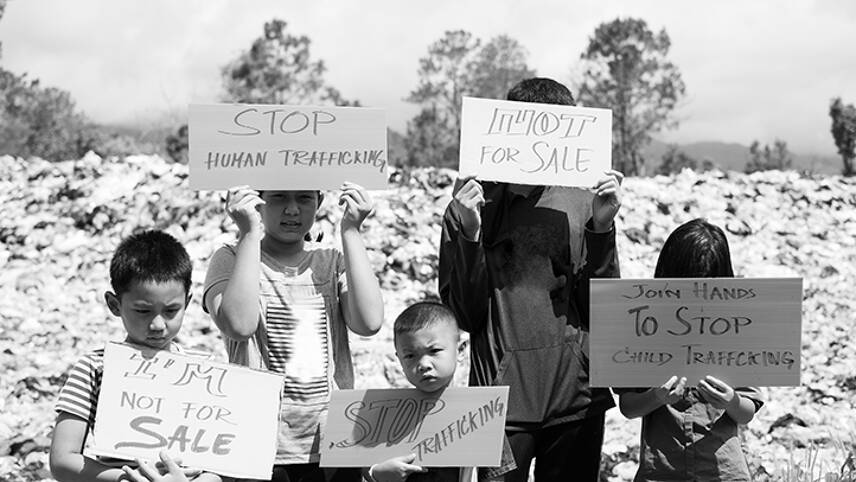Register for free and continue reading
Join our growing army of changemakers and get unlimited access to our premium content

In total, 86% of forced labour cases were found in the private sector
New research from the International Labour Organization, Walk Free and the International Organization for Migration shows that 50 million people were living in modern slavery in 2021. Of these, 28 million were in forced labour and 22 million were trapped in forced marriage according to the latest Global Estimates of Modern Slavery.
The research found that 10 million more people were in modern slavery in 2021 than in 2016, with women and children “disproportionately vulnerable”. The research found that 52% of all forced labour and 25% of forced marriages were located in upper-middle-income or high-income countries.
There are specific implications for businesses, according to the report. In total, 86% of forced labour cases were found in the private sector and forced labour in sectors outside of commercial sexual exploitation accounted for 63% of all cases.
The research also warns that migrant workers are more than three times more likely to be in forced labour than non-migrant adult workers.
“It is shocking that the situation of modern slavery is not improving. Nothing can justify the persistence of this fundamental abuse of human rights,” ILO Director-General, Guy Ryder said.
“We know what needs to be done, and we know it can be done. Effective national policies and regulation are fundamental. But governments cannot do this alone. International standards provide a sound basis, and an all-hands-on-deck approach is needed. Trade unions, employers’ organizations, civil society and ordinary people all have critical roles to play.”
The report recommends that governments improve and enforce laws and labour expectations, end state-imposed forced labour, introduce stronger measures to combat forced labour and trafficking in business and supply chains and raise the legal age of marriage to 18 without exception, in order to combat the trends.
In 2020, the UK Government made the first major changes to the Modern Slavery Act since its introduction in 2015, extending requirements to public bodies including local authorities and tightening rules for big businesses.
Under the changes, businesses with an annual budget of £36m or more, regardless of sector, will be required to publish their Modern Slavery Act statements on a new digital reporting platform. Until now, they had been able to simply place statements on their websites. This resulted in statements sometimes being hard to find and to compare.
edie’s SDG Week
Brought to you by the award-winning edie content team, the Sustainable Development Goals Week 2022 (19 – 23 September) is edie’s themed week of editorial content and events dedicated to informing and inspiring businesses to accelerate action on the UN’s Global Goals, including key goals aimed at eradicating poverty and promoting fair working.
edie’s SDG Week is about driving the transformational action needed to achieve the Goals. Hosted during the UN’s official Global Goals Week and tying in with Climate Week NYC, edie’s Focus Week will provide need-to-know industry updates, thought leadership discussions and practical insights which empower businesses to transform our world through the SDG framework.
We will be offering up a plethora of inspirational digital content throughout the week – led by a high-level online event, a Goal-focused webinar, a downloadable SDG progress report, an SDG special episode of the edie podcast and plenty of exclusive interviews and op-eds. Read on for more information on what we have planned.


Please login or Register to leave a comment.